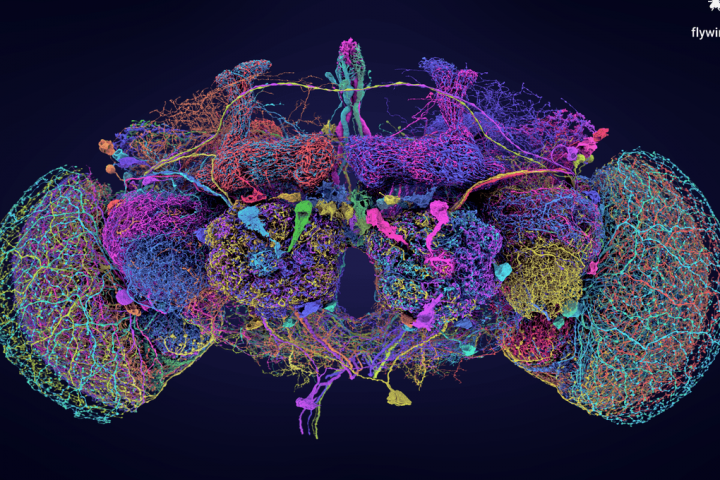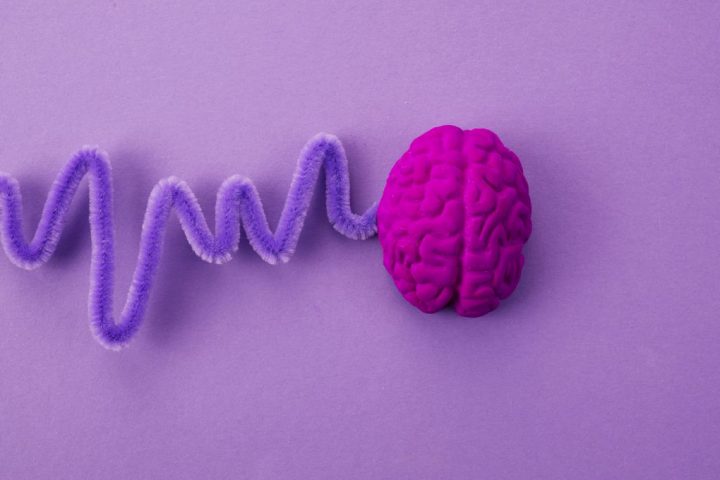Discovering how our bodies process food and generate energy has always been a fascinating topic. Scientists have long been intrigued by the role of the lateral hypothalamic area (LHA) in this process, particularly its communication with our body’s fat stores, scientifically known as adipose tissues. However, the exact details of this conversation have remained elusive. That is, until now.
In a groundbreaking study, researchers decided to delve into this mystery by conducting experiments on mice. They focused on obese mice that had gained weight through diet and observed a significant slowdown in GABRA5-positive neurons in the LHA. These neurons play a crucial role in regulating fat accumulation, so it’s no surprise that their reduced activity led to weight gain in the mice.
Curious to explore further, the scientists decided to inhibit the activity of GABRA5 neurons using chemicals. To their astonishment, this intervention resulted in even more weight gain as the adipose tissue in the mice started utilizing less energy.
This intriguing finding inspired the researchers to search for a way to activate GABRA5 neurons and reverse the effect, essentially using them as a switch for body fat regulation. They discovered that astrocytes, another type of brain cell found in the LHA, could influence GABRA5 neurons. These astrocytes release an enzyme called monoamine oxidase B (MAO-B), which inhibits GABRA5 and promotes fat accumulation.
Fortunately, a biotech company called Neurobiogen had been developing a drug that inhibits MAO-B. Known as KDS2010, this selective and reversible MAO-B inhibitor was administered to obese mice in the study. The results were astounding – the mice started losing weight without reducing their food intake or cutting out fats.
The authors of the study concluded that GABRA5-positive neurons in the LHA are crucial for regulating energy expenditure and suppressing fat accumulation in adipose tissues. They also highlighted the potential of targeting these neurons and astrocyte-neuron interactions as promising strategies to combat obesity without compromising appetite.
Excitingly, the study has been published in the prestigious journal Nature Metabolism, shedding new light on the complex mechanisms behind our body’s energy regulation.








